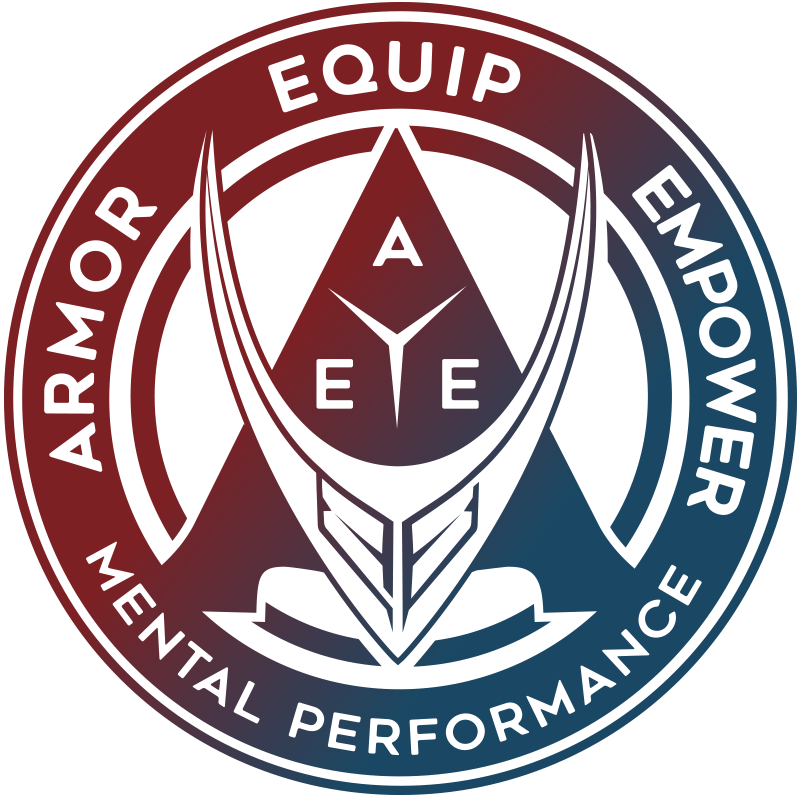pre-performance routines
(ppr)
Why are pre-performance routines important?
- Increase ability to disengage from non-work-related problems
Increase the ability to fully engage in necessary work-related tasks - Help remind you of the purpose as you prepare as well as help develop internal motivation for work/shift
- Create a mindset for effectively getting into OZONE for a call or managing overloading work with tech services
How do you prepare? What do you do to get you ready to perform?
How is that working?
Where can you improve? This is the idea of going from good to great (even 1% better than before).
Purpose of pre-performance routines (PPR)
Within any type of work or performance, there are two aspects we can tie a pre-performance routine to:
- high stakes, short-term performance – a call, a high-stress event, a competition
- low stakes, long-term performance – work shift, a practice/competition day
a pre-performance routine for a work shift should have a different intention from the routines for a call.
The main goals of your PPR for the work shift are:
- Full disengagement from the life outside of work
- Full engagement into work
The PPRs usually focus on preparing for the task at hand and engages all four pillars mental-focus, emotional, spiritual-purpose, physical; checking in; awareness.
The main goals of your PPR for a call for service, competition, or other high-stress event is to help us get into OZONE for such a situation. We don’t want to be in the OZONE all the time while at work/during the whole day because we would most likely discharge our batteries in our pillars – being fully focused would exhaust us.
The PPRs usually focus on preparing for the task at hand and engages all four pillars mental (focus, confidence), emotional (worry, stress), spiritual (purpose), and physical.
The main goals with PPR before a call/task is readiness (OZONE)
Physical readiness - not being too tired, feeling appropriately relaxed, maintaining a power/ready body posture)
- Deep / shallow breathing
- Deep → relaxation: 3s inhale – 3s exhale, into the abdomen, focus on the exhale
- Shallow → energizing: very fast, shallow, into the lungs, focus on inhaling
- Stretching your body regularly, take stairs, walk, stand up
- Progressive muscle relaxation (PMR)
Mental readiness broad/narrow focus, focus on the task (present moment), not the outcome (what if)
- Workability (“Is the thought helpful for me right now?”)
- Un/controllable (“Can I control the situation/fact?”)
- WIN (“What’s important now?”)
Emotional readiness - appropriate level of arousal
- Level of arousal/stress – affected by excitement/anxiety, coming most often from the past or the future
- Where am I now?
